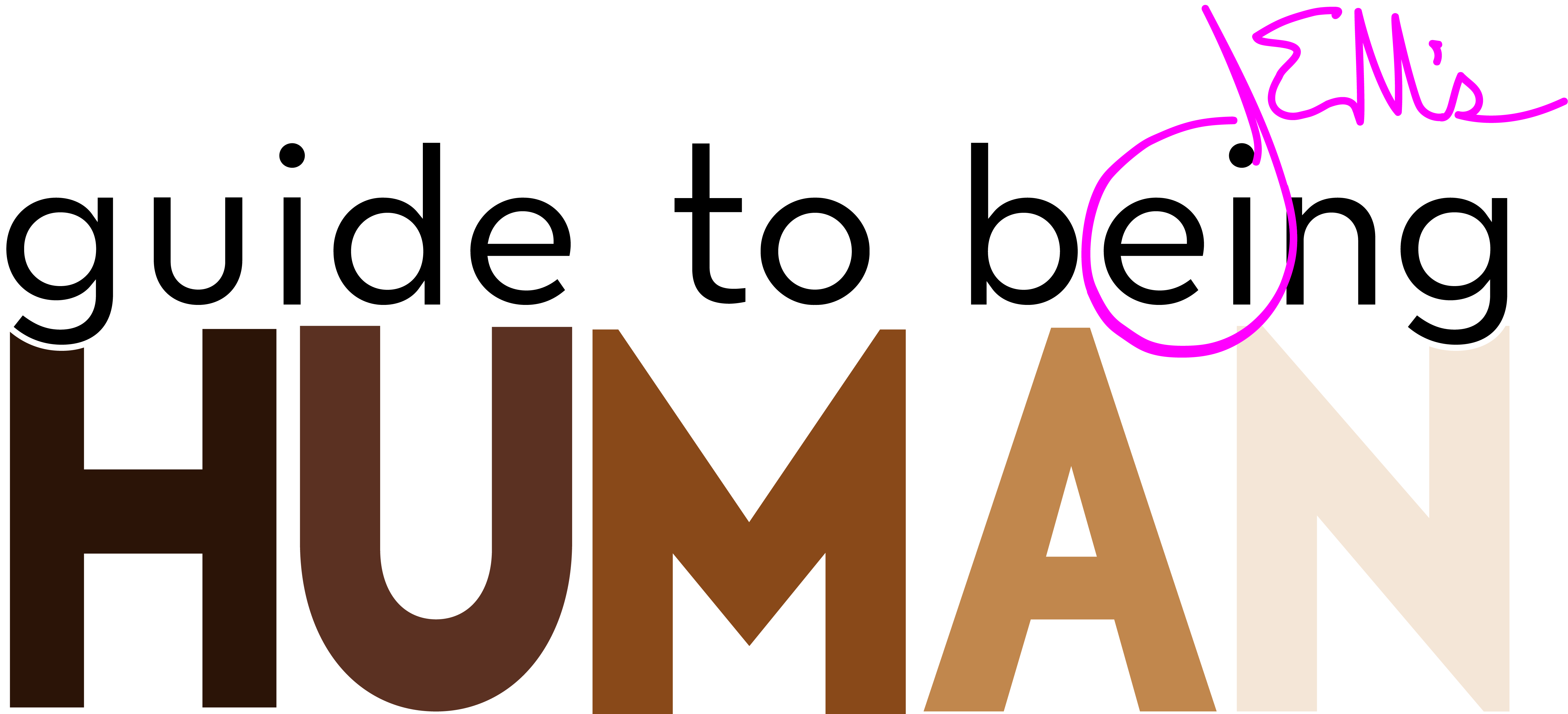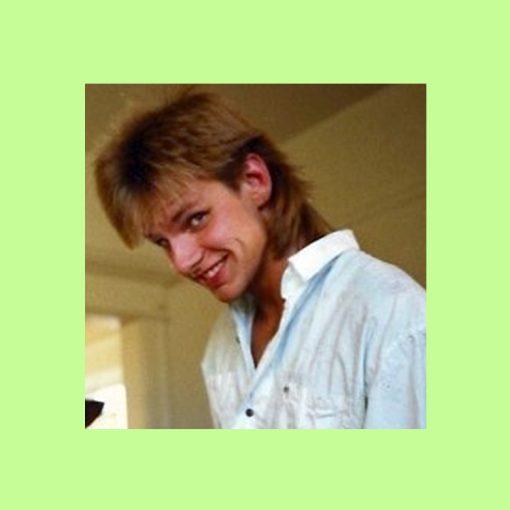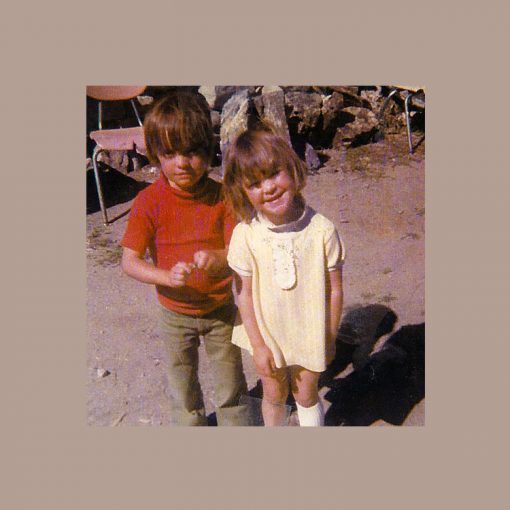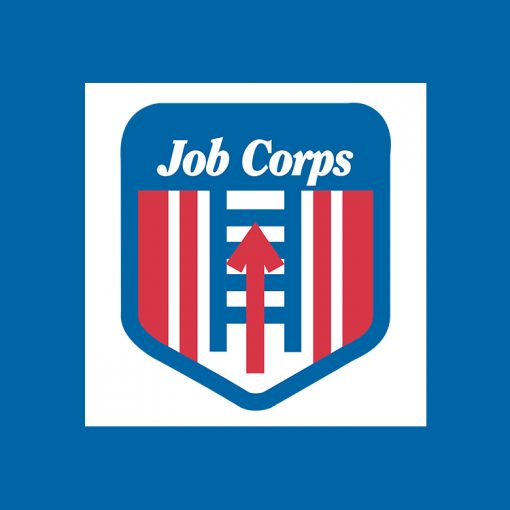The small production company was in North Hollywood and appeared on my radar by way of an introduction to the young guy running it from his mother who worked with my mother as a paralegal for a small firm in Loveland. It was an apt example of how shit gets done in Hollywood where who you know is oftentimes much more important than what you know. That’s not to say that what you know is unimportant, only that you will never get a chance to showcase those skills without some sort of entre.
I made my meeting on time but only just, even though I had given myself an extra hour to get there in addition to the hour and a half I knew it would take. I couldn’t have lived in a worse spot for a commute from Huntington Beach to North Hollywood but beggars certainly cannot be choosers. It had taken upwards of three hours to get there or get home a couple of times, even though I was able to make the drive at non-rush hours which makes me wonder how bad it could have been. I was also able to work from my home office more days than not, so I only had to make the drive to North Hollywood for the first couple weeks of the gig as we got to know each other.
I forget the name of the company or the producer, but they were working on a couple of short films meant to make the film festival rounds the following year. One project they were supporting was a live concert event for Handel’s Messiah, reconfigured to account for information from Dead Sea Scrolls discovered in the 1950s. The executive producer was an older Jewish guy named Jacob Weiner who won an Emmy in the seventies for sound production and made a living ever since using that single award as a calling card. One can always be an Emmy-award winning producer in that context as long as no one digs too deeply into the claim. I don’t recall the relationship between Jacob and the North Hollywood production company, but eventually I started working directly for him building a website and print materials for the production he was setting up with the Los Angeles Philharmonic performing his “Seeking Messiah” concert in a large synagogue with a name that escapes me.
The living situation with Hauser and his new love went from uncomfortable to intolerable in a fairly short period of time once his girl really started in on me. I don’t know what it is about a guy working out of his home office while still taking care of his responsibilities that drives a woman crazy, but his harpy seemed to think my freelancing was somehow damaging to her man’s self-esteem or made her toils at a corporate sweatshop less fulfilling. Two months after arriving in Huntington Beach, I started making plans to find a new place.
Cesar was still at Combat Camera and had a unique proposition for me when I related the troubles in my life with our former shipmate and his crazy girlfriend. Apparently, one of the photographers he worked with was leaving on Det Alpha in Japan soon and needed someone to pick up half the rent on his empty apartment for the next six months. A temporary retreat to San Diego sounded like a great idea, so I agreed to the arrangement just as soon as I could extricate myself from my current living situation. It wouldn’t be hard since the lady of the house wanted me gone even more than I wanted to leave.
That’s exactly what happened a few weeks later. The apartment I landed was fully furnished and equipped and located in an inconvenient suburb that ensured I wouldn’t be spending a lot of time partying, not that I could afford to spend time partying anywhere but home. Three young sailors lived a few doors down and provided plenty of opportunities to party right there in the complex. They even brought by hot, single girls on a regular basis. A couple of other neighbors were also friendly types, so there was more than a few evenings spent drinking and barbequing and enjoying the generally gorgeous San Diego weather.
I continued to work with Jacob on his Messiah project and also picked up a couple small projects with Caleb back in Washington DC who seemed to have gigs falling in his lap with little or no effort on his part. Oddly enough, I still rely on those accidental revenues eleven years later, though my wife would prefer I had a “real” job providing a steady, predictable income we can bank on. I had my Sony laptop from my time in the Navy, so I could afford to sell the Wilson Miller titanium Apple Powerbook to one of my Combat Camera comrades to get me a couple more months of rent while I cobbled together enough funds for the months after that. It was a pretty humbling six months, all told, as I relied on the kindness of strangers and friends alike to get through to the other side of the tunnel.
I was nearing the end of my stay and still didn’t know what I would do next, but moving back to Los Angeles seemed to be the best available option. I was writing screenplays religiously while participating in a new website created by Matt Damon and Ben Affleck called Project Greenlight. I had been networking with wannabes from across the country, most especially in LA, and figured there was a chance I could use those new connections to find a gig to sustain another attempt at breaking into an industry that seemed oddly impenetrable so far.
Many of the friendships I developed on “PGL” that year as a vagabond were fleeting, though one screenwriter I worked with is still a friend today. He wrote his first script about a racist white kid in inner city Philadelphia who found out he was half black and needed candid feedback to begin a rewrite. I have always been a more consistent editor than writer and was more than happy to provide whatever help I could to tweak his script into fighting form. By the time I left San Diego, we had rewritten his script from page one and finished my first post-Bond effort called The Lazarus Project about the world’s first human clone escaping from the US Army and an uncertain life as a bioengineered super soldier.
One of my friends from PGL lived on the Pacific Coast Highway in a Malibu apartment with expansive views of the Pacific Ocean and was fairly well-connected to the mid level ecosystem of Hollywood creative factories. I had hoped she could make some introductions, but that wasn’t in the cards for whatever reason despite her being a former Navy wife. Maybe it was because she was married to a sailor that her help wasn’t forthcoming, but I ended up sleeping in the back of my pickup on the PCH down the street from her house one weekend when I came to LA to interview with a music publisher in Santa Monica and couldn’t afford a hotel room. She didn’t have room on her couch despite having spent the day looking at Malibu rentals with me.
I was oddly optimistic as I walked down the steep steps at the end of the night and found my truck a few blocks away on the coastal highway, busy even at midnight. I crawled into the back of my truck and prepared to go to sleep. I already planned on making a rough bed and had a nest set up to enjoy a comfortable night’s rest if I couldn’t find someplace to hang my hat with the small number of people I knew in LA. I turned on my alarm and climbed through the window of my king cab into the bed cover to go to sleep. The traffic rocked the vehicle from side to side as I drifted off, content in a way that was out of sync with the reality of my situation.
I was sleeping in the back of my truck the night before a job interview and had never been happier.
I woke up as the sun brightened the windows outside the fiberglass cover keeping the bed of my truck a useable space. I crawled back through the king cab window into the front and turned off the alarm. I slipped on my Birkenstocks, started my truck and flipped a U-turn across a Pacific Coast Highway that was completely dead at that hour. I drove twenty minutes south to Santa Monica Beach and found a spot in the empty parking lot near the bathrooms. I took a bath in one sink while a homeless guy took a bath in the other. We were silent throughout with a dignity unjustified by the situation. I dressed in the business casual outfit I had brought for my interview and went to find someplace to eat breakfast before the interview that would determine the direction of my life for the next decade.
The small music publisher I hoped would hire me was looking for an Avid video editor who could take their enormous library of the popular Japanese new age musician Kitarō and repackage it for an American audience hungry for an Asian Yanni. I was led to the edit bay and shown the equipment I would be working with on a daily basis to produce a series of CDs that included video of their star playing all kinds of strange instruments. They explained the plethora of source material and the small budget available to hire a video editor to assist in the next market opportunity on their strategic plan.
While I considered the initial pitch, the manager greeted a delivery guy with a load of CDs. He signed for the pallet of boxes and turned to the rest of his small staff for strong backs to move it to their storage facility a block and half away. I volunteered to help out in order to secure the good opinion of those I may be working with soon or may be asked to provide an opinion of my worth. Two hours humping boxes to the mostly empty storage room for zero dollars and I was saying good bye and I looked forward to hearing from them soon. I drove back to San Diego that afternoon, still not sure if I had the gig at a salary that would somehow let me live in Los Angeles or if I would be homeless come Monday morning.
The next day I was offered $500 a week for forty hours of editing services. Anything beyond forty hours would be paid at a rate of $25 per hour. No benefits or a guarantee of employment beyond six months, but it would be a W-2 gig and chances were the contract would be renewed, so my taxes would be paid by the company and there was a better than even chance they would keep using me, a distinction that didn’t mean a whole lot at the time but would have made a huge difference had I understood what that would have meant securing a base of operations in Los Angeles. Fear of uncertainty led me to turn the offer down, and I went back to square one.
Turns out square one was my Uncle Roy calling the very same day to tell me that my dad was struggling. He had been recently diagnosed with kidney disease and was living in the house where my grandfather had died. To make a long story shorter, he needed his son to swoop in and save the day because the old man wasn’t listening to his little brother’s advice on how he might better manage his life. I wasn’t sure how anything I could say would make a difference, but without anything resembling an alternative, I told my uncle that I would see them shortly and plotted my next steps.
First thing I needed was a web project to inject some cash into my mostly empty accounts.
I didn’t know too many civilians in San Diego, but the one guy I did know was well connected to the legal establishment. I called my attorney Chip Barrett and asked if he knew anyone who might need a website, himself included. In 2003, this was a much less straightforward pitch than it would have been today. Most of his business, my own included, still came by way of a well-placed ad in the Yellow Pages. A new website seemed like an investment in search of an audience. That said, he had a friend who was an attorney in Orange County and owned a family trust with a need for a new website to inform investors about their many capital investments.
I drove to San Clemente the next day, hoping to land a new client to finance my move to Oregon. We met for more than hour and discussed their various marketing needs, most of which I could handle. I quoted a price to get the party started at a rate that would be competitive with what they may have heard from other agencies. Later that same day, I learned their budget had changed and they wouldn’t be changing their website after all.
My ridiculously low rate wasn’t low enough, so I resigned myself to asking my mom for enough money to make it to Eugene, Oregon, where my dad Gordon and his brothers lived. I called Chip to thank him for the lead and to let him know that it hadn’t panned out. He sounded genuinely concerned and said I should pop by later that night to barbeque and discuss a couple of new leads he had in mind. I parked outside the modest ranch-style home in northern San Diego and rang the doorbell. His dog was there first and said hi with a wagging tail as soon as Chip opened the door. We took up residence in the kitchen while he finished prepping the fresh-caught fish and asparagus for the grill while the baked potatoes baked and salad stayed chill.
After we had eaten, we settled down in the dining room with a couple of beers and a joint. The leads he alluded to earlier hadn’t panned out, but he wanted to help me out just the same and handed me some folded bills. I counted six one hundred dollar bills as tears welled up in my eyes unbidden. It was the single most generous thing anyone had ever done for me who wasn’t a member of my family. He then handed me a baggie with half dozen fat doobies to take care of my spiritual and psychological needs as well as my physical ones.
I drove home around midnight, sober and optimistic for the first time in a long time. Optimism may be my standard today, but in 2003 I was less likely to find such an exalted state if a more dramatic one was offered. I finished packing my stuff in preparation for the return of my “roommate” on Friday and my departure for Eugene, Oregon by way of a reunion with my mom’s extended family in Fresno, a six-hour drive north on the other side of the mountains ringing the Los Angeles basin. My mom and Jerry were driving out from Colorado with my brothers Jon and Steve in tow. As far as I knew, there had never been a reunion of my grandma’s side of the family. Most of the folks I met were strangers to me, though my mom’s aunt had given us “refuge” in Alaska decades earlier when we finally left Doctor Demented.
The long weekend was a blur of stories and food. We also spent a fair amount of time around the pool at my great-cousin’s house. The place was once owned by Ken Curtis, the actor who played Festus in Gunsmoke. A wet bar in the living room was well-stocked with frosty beverages and had the original decorations from the previous owner. This included shot glasses and napkins with a cartoon version of his iconic television character. Apparently, mom’s cousin had boxes of items to replace anything that broke or was used. Curtis and his wife had both died in the house, providing a spooky undercurrent to the festivities that was fodder for many dark jokes.
I left the day before the Colorado contingent after a wonderful visit that erased away the stress of yet another move to another town with an uncertain future. My civilian life thus far had been a series of missteps and missed opportunities, much less predictable than the ten years I had spent in uniform. I’m not sure what I expected since the twenty years before I went in the Navy hadn’t been a walk in the park. Moving in with my father in the house where my grandfather died a few years earlier was an oddly appropriate place for me to land, all things being equal.
What I didn’t know until I arrived sixteen hours after leaving Fresno was my dad was very sick. He lost one kidney to cancer and chemotherapy when he was thirty-six and the remaining one was at 15-percent capacity, meaning he would be starting dialysis three times a week just as soon as the steroid regimen he was on prepared his system for the shock of flushing toxins from his blood by removing all his blood and putting it back in. My pops had always been a fairly athletic dude, but the steroids blew him up to almost comic proportions.
I gave him a sad smile followed by a long, hard hug and walked into the dimly-lit house.





